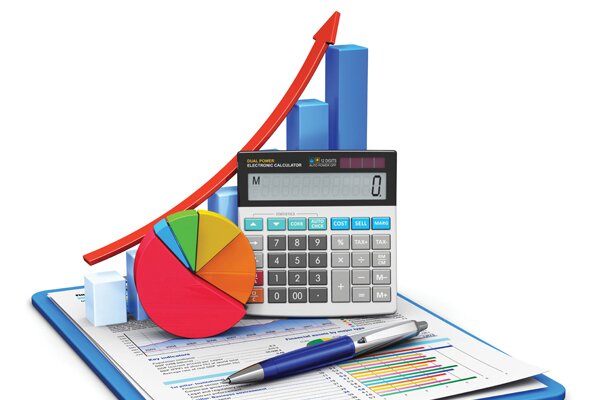Abu Dhabi Week sat down with a financial expert to find out how to save money and invest in the future
Do the words finance and future fill you with fear? For many people, the idea of establishing a retirement fund when you’ve only just begun your career is daunting and probably feels unnecessary. The world of financial planning, savings and investments can be overwhelming but having a financial game plan is an important step in securing your future.
Tracey Hughes, a financial planner with the independent advisory firm Acuma, helps clients make the most of the UAE’s tax-free environment. Bearing in mind the lack of pension plans and lavish expat lifestyle, experts like Hughes are here to help us make realistic plans, save for the future and invest wisely, whether you’re in your 20s or only years from retirement.
Climbing the mountain
Time is money when it comes to saving.
“It’s never too early to start saving,” says Hughes. “The younger you are, the gentler the slope all the way up to the top to build your savings. The older you are, it’s a very steep incline. Do you want to be moseying up the mountain with your hiking boots, food and water or do you want to be on the cliff edge trying to get to the top as quickly as you can?”
Hughes herself is the first to admit that sitting down to manage your budgets is a boring task, but stresses the importance of it to help you gauge your finances.
“It’s about being very honest with yourself,” says Hughes who recommends taking the first step of writing down everything that comes in and out of your account. “It’s very much being aware of what you spend your money on. It’s so easy to spend in the UAE so it’s being mindful of where and how you spend.”
One of Hughes’ tried-and-tested methods involves drawing up an expenses plan with three columns: must-haves, which include rent and utilities; nice-to-haves include treating yourself to dinner; and I’m just wasting my money, which lists daily expenses from latte and lunch to manicures.
From this chart, a clear picture of your finances will be laid out and will help you set up a budget and begin your savings.
Saving for an emergency
“The first step in financial planning is always have an emergency fund – I always say three to six months of your salary goes into a local bank account to give you a buffer for a couple of months in an emergency. From then you can start saving on a monthly basis.”
Hughes recommends saving 20 to 25 per cent of your monthly income. But what if you’ve realised you’re close to retirement and don’t have a fund?
“If you’ve got no savings in place for your retirement, you have to have a very stern conversation with yourself with regards to exactly how much you can afford to start saving. You’re looking at about 40 per cent of your disposable income being put into savings and you have to be a lot more disciplined with yourself.”
Taking risks
For those comfortable enough to take risks, Hughes suggests putting research into reputable investment houses such as Skandia and Generali, which offer structured savings schemes that help remove any temptation of dipping into the pot.
“Shares are brilliant if you’ve got time to monitor them,” she adds. “Buying into individual shares takes time as you need to be monitoring on a monthly, daily, hourly basis because things change very quickly. The idea of using an investment house or institution is they do it for you.”
Rachael Peacock
Top tips from the expert
1. Write it down. If you’re not disciplined enough in yourself to write down your receipts on a weekly basis then you’re not buying into it yourself.
2. Go through your finances. It’s a horrible job, but it’s a very big eye opener. See where you’re wasting money and look at ways of reducing it; rather than having your nails done once a week have them done every two weeks.
3. Sit down and think about your long and short-term goals. Do you want to buy a car? Are you planning to get married? Be very specific about these goals and be realistic
about what you’re trying to achieve. Saving for savings sake is good but it’s great to have a goal because you’ll buy into it a lot more.
4. Don’t be afraid to ask questions. If you’re not sure, have a chat with a financial advisor or someone at your bank. There’s always a solution. Have enough faith in yourself to know that you’re doing the right thing by thinking about your financial future.
To arrange an appointment with Tracey Hughes, email [email protected] or visit www.acuma.ae for more information on Acuma.




















